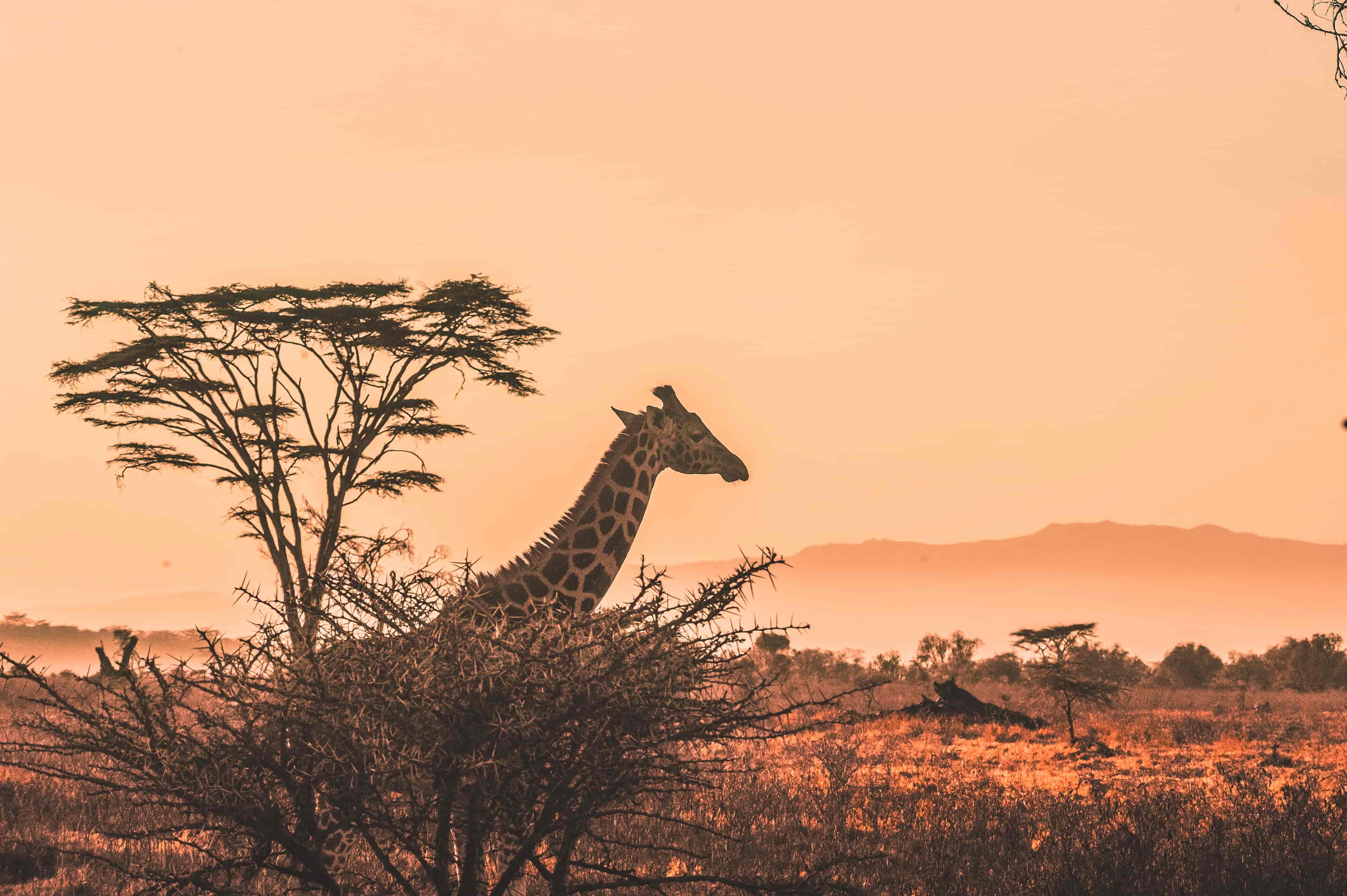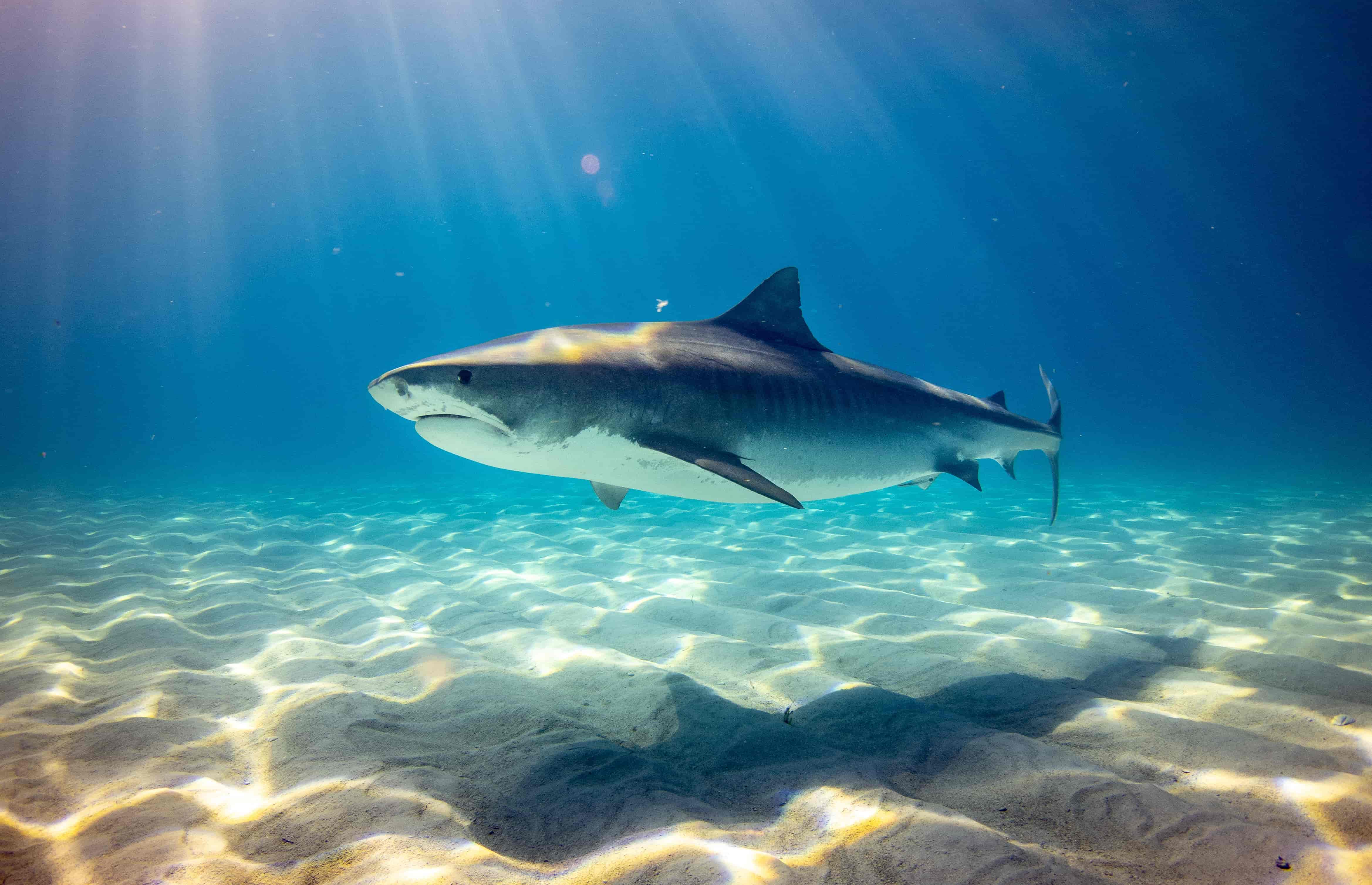Some of them are complete nonsense and fantasy, others have more truth in them than many of us would like to admit, and all of them are perpetuated by people who, regardless of actual facts, want to have a laugh on their behalf.
Africa is a big desert
The African continent has been portrayed endlessly as a huge desert permanently baking under the sweltering heat. In cinema, everybody that happens to be in Africa is always sunburnt, sweating golf balls, experiencing mirages of lush oasis that never exist, and being saved by tribesmen riding camels.
While there are many deserts in Africa, the well-known Sahara Desert being the largest hot desert on Earth, the reality is that Africa is an enormous continent with many biomes. A large portion of its surface is covered by savannah and dense rainforests, which are anything but dry.
Perhaps the misconception can be attributed to the fact that the Arabian Peninsula, which has been the setting of many movies and stories that have pushed a romanticized version of the area does happen to be literally a huge desert. The small problem is that the Arabian Peninsula is part of Asia, not Africa.

Vikings wore horned helmets
Vikings did many things that shaped the course of western civilization during their time. An adventurous seafaring culture originating from Scandinavia and other areas of Northern Europe, they are chiefly remembered for raiding, pillaging, burning, and conquering their southern neighbors.
The perception of Viking culture and their legacy has been very controversial over the centuries, with some arguing that they were a complex culture with many positive aspects, and others that they were a bunch of blood-crazed murderous barbarians. As more and more archaeological evidence emerged during the 19th Century, the world began to unearth a more accurate portrayal of how they truly lived, yet none of these discoveries in any way indicated that they wore the infamous horned helmets everybody associates to them.
It seems that the culprit of this piece of kit was a society founded in the early 1800s to preserve and promote Old Norse cultural beliefs and ways of life, and by the looks of it they decided to take some liberties by sticking a pair of cumbersome and impractical horns on a perfectly serviceable helmet. After that, Richard Wagner, or somebody in charge of running his Norse themed opera cycle, decided to use the aforementioned horned helmet in one of the plays. As they say, the rest is history.

Australia is full of murderous insects
Everybody has a family member, friend, or acquaintance that has lived in Australia for some time, and many of them have a penchant for uploading images to social media of all the allegedly monstrous insects that are trying to kill them that day. In truth, Australia doesn’t seem to be a particularly deadly continent compared to the rest of the world. According to the Australian National Coronial Information System report on animal related deaths, the three animals that caused more human deaths between the years 2000 and 2010 are horses, cows, and dogs. Kangaroos are also high up on the list, as they tend to cause car accidents, and honeybees with their rather inconsequential stings are right behind them.
It’s not so simple though. It’s true that some of the most venomous snakes and spiders on the planet live in Australia, but they are usually found in such rare circumstances and in such remote areas of what happens to be an absolutely immense continent, their contribution to human fatalities is almost negligible. The spiders found near urban areas are for the most part pretty harmless, and pose no more threat than other spiders from around the globe.
So, what about all the Great White Sharks that lurk below the spectacular beaches? Well, those live in every ocean, but they seem to particularly love the Mediterranean Sea. Perhaps peaceful and sunny Mallorca will turn out to have more dangerous surprises than Australia after all.






